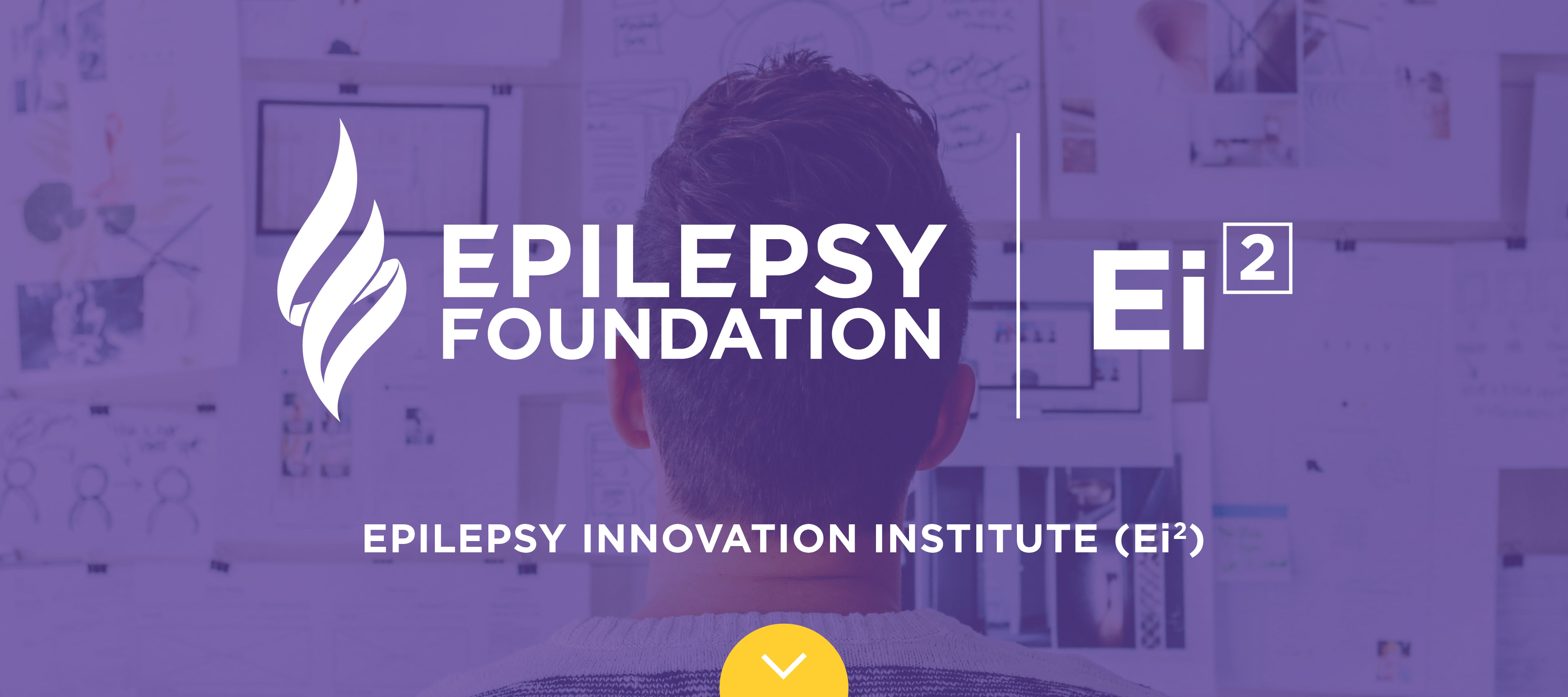Ei2: Seizure Gauge Challenge

Seize Control of Epilepsy: Empowering People to Better Manage Life
In our 2016 Community Survey, an overwhelming majority of respondents, regardless of seizure frequency and type, selected unpredictability of seizures as a top issue. Many wrote about the fear of not knowing when a seizure will start and not knowing what triggers the seizure onset.
You spoke. We listened.
The Epilepsy Innovation Institute (Ei2) will be leading the effort to create an individualized seizure gauge that will allow a person with epilepsy to monitor the likelihood of a seizure on a daily basis. Our purpose is to identify and better understand the changes in the body that may precede the onset of a seizure, at a time course that may be hours or days before the clinical (observable) seizure.
Our goal for this initiative is multi-fold:
- Enhance seizure warning and prevention capabilities
- Improve quality of life and safety
- Better understand what triggers a seizure
- Identify new therapeutic targets to prevent or stop seizures
“My Seizure Gauge” – Bringing Big Data to Personalized Health
For this challenge, a host of factors using both EEG (and other electrical measures) coupled with non-EEG based methods from emerging biosensors and wearable device technology will be considered. Although non-EEG devices are being created for seizure detection, they are developing in silos and are using only one or a few features to recognize an existing seizure.
Here, we want to integrate already ongoing initiatives, and pair them with EEG recordings to capitalize on innovative technologies developed in other communities. We do not want to measure a few components, but a myriad of factors, and then mine the data for new clues about what happens in the body in the hours and minutes before a seizure.
We believe this project will lay the groundwork to:
- Know when a seizure is likely or unlikely – empowering people to achieve better control
- Prevent or stop the progress of a seizure before it starts (tailoring the therapy to the start of seizure onset)
- Personalize dosing of medication and device stimulation (fine-tune it to when it is needed) to reduce treatment side-effects
- Incorporate new non-EEG based drug screening test in existing and new animal research models to improve a drug’s effectiveness for preventing seizures
- Identify and explain why certain situations, such as stress, may trigger a seizure
- Better understand the biological profiles of epilepsy syndromes, which in turn could improve diagnosis and address WHY seizures occur in an individual
- Suggest novel therapeutic targets that could be developed into new therapies for epilepsy
My Seizure Gauge Epilepsy Innovation Workshop
On August 28th and 29th 2017, the Epilepsy Innovation Institute (Ei2) hosted an innovation workshop to assess the state of the science on seizure forecasting and risk assessment algorithms. The workshop convened multiple stakeholders including people impacted by epilepsy, basic scientists, clinicians, data scientists, device manufacturers, regulators and industry within and outside the epilepsy space. Conversations centered on what is currently possible, what are potential future directions, and what critical infrastructure is needed to move seizure forecasting forward. Click here for workshop notes.
Request for Proposals (Closed)
Interested in participating in the My Seizure Gauge initiative? Request for Proposals closed on May 22, 2018.
My Seizure Gauge Solution Team
We’ve awarded a $3 million grant to an international team of scientists, researchers, and interoperability experts who will evaluate biosensors to ultimately improve seizure prediction. In the first phase, the team will evaluate biosensors in a range of commercially available devices. Then the team will work with people with epilepsy to pair selected sensors with their already implanted EEG recording devices to uncover what happens in the body before a seizure. Learn more about the grant award.
Interested in supporting the initiative?
Contact us at 301.918.3753 or email giving@efa.org
Resources
Epilepsy Centers
Epilepsy centers provide you with a team of specialists to help you diagnose your epilepsy and explore treatment options.
Epilepsy Medication
Find in-depth information on anti-seizure medications so you know what to ask your doctor.
Epilepsy and Seizures 24/7 Helpline
Call our Epilepsy and Seizures 24/7 Helpline and talk with an epilepsy information specialist or submit a question online.
Tools & Resources
Get information, tips, and more to help you manage your epilepsy.



